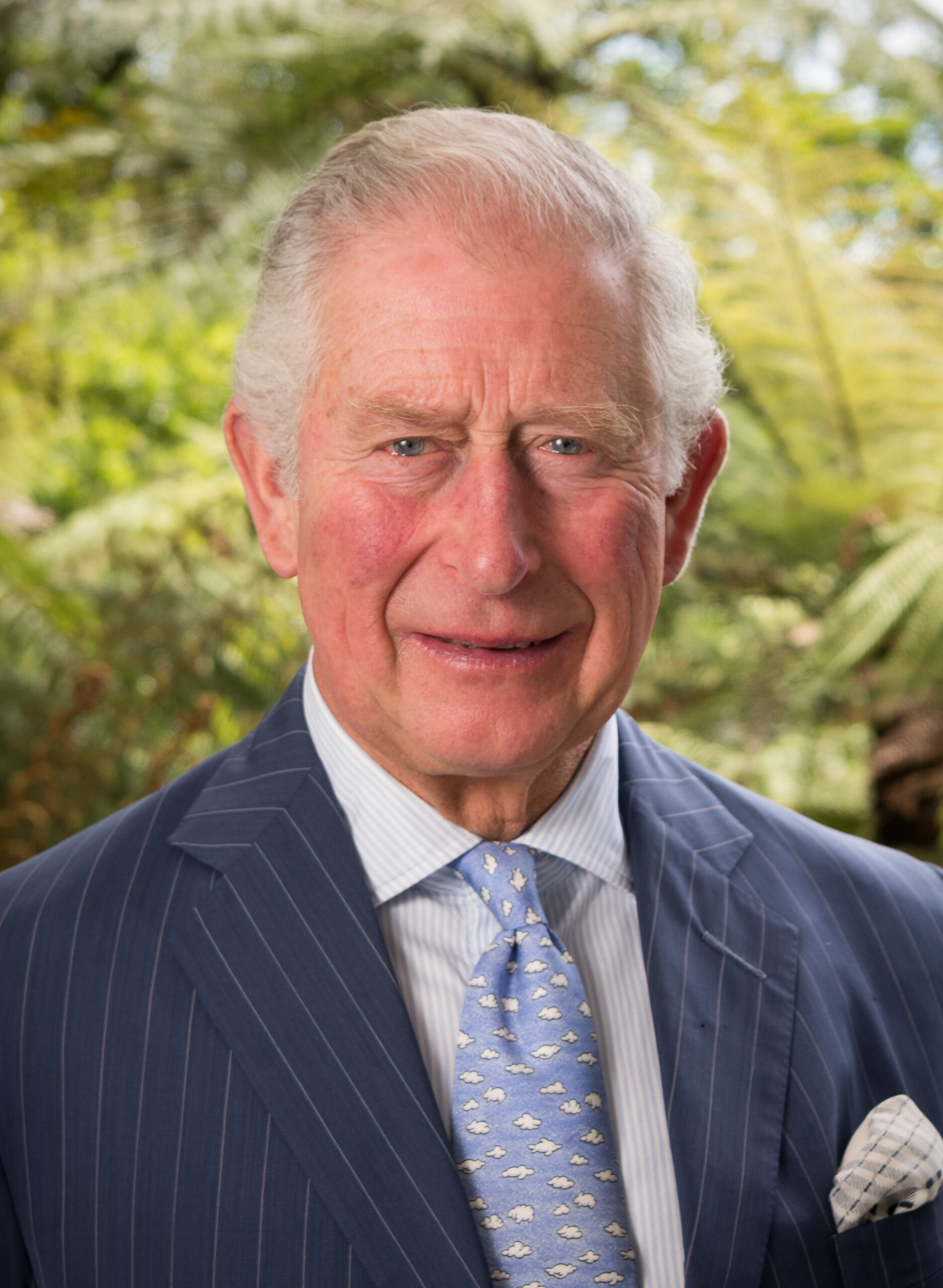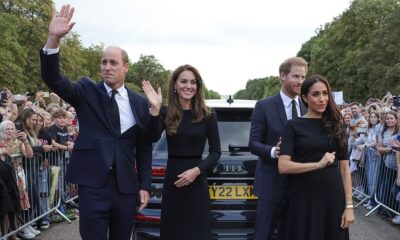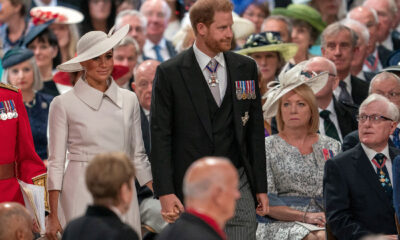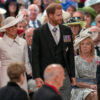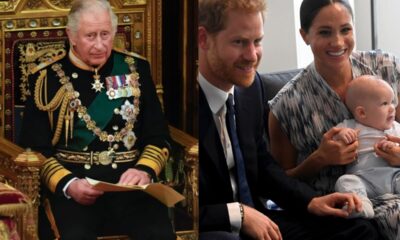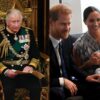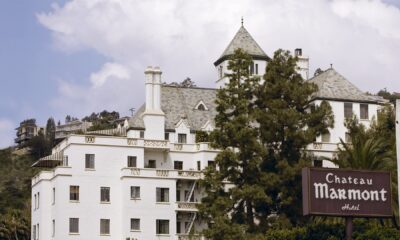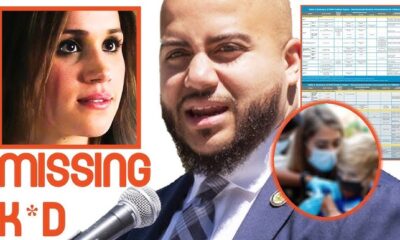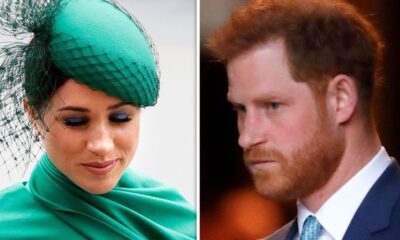Royal Family News
King Charles Considers Breaking Royal Tradition by Adding Daughter-in-Law to List of Counsellors of State
As the new monarch, King Charles III may make some adjustments to the way things have been done in the past.
Even though he is now the patriarch of the family, the Prince and Princess of Wales continue to play crucial roles in royal duties.
According to recent reports, King Charles is considering breaking royal tradition by giving his daughter-in-law, Catherine, an unprecedented royal duty to assist him with official business.
This suggests that she may play an even more pivotal role in the family.
Royal insiders have mentioned some members of the royal family, including Prince Edward, Princess Anne, and Princess Catherine, as potential counsellors of state.
This comes as the monarch breaking with royal tradition will increase his group of advisers to five for the first time and give them the power to help him should he be abroad or fall ill.
The roles were previously held by Prince Charles, Prince William, Prince Andrew, and Prince Harry until the late Queen's death.
Trending:
They were chosen because they were the four next in line to the throne and are at least 18 years old.
Prince Philip, the beloved husband of the Queen and the monarch, served in that capacity until his retirement in 2017.
Currently, two counsellors of official are able to carry out state business when the King is not present, including approving the majority of appointments and legislation.
It is widely thought that the King would strip his estranged son, Harry, and disgraced brother Andrew of the roles as they are no longer working members of the royal family.
However, credible sources claim that there may soon be three more counsellors of state added to the roster, and the King won't stand by and let his son and brother be publicly shamed for their departures from the royal family.
The Queen Consort, the Prince of Wales, the Duke of Sussex, the Duke of York, and Princess Beatrice make up the current roster of five.
A source in the Palace has said, “There will be no one left out.
It is entirely reasonable to increase the number of available counsellors of state.
As the King and Queen Consort are likely to be away, as could be the Prince and Princess of Wales, it is only right this is attended to.”
According to Dr Craig Prescott, a constitutional specialist at Bangor University, adding the Princess of Wales to the list would be unprecedented.
He added, “It makes perfect sense.
It deals with the present problem that there are not enough working worlds to act as counsellors of state.
This is the simplest way of dealing with the problem in that the legislation could specifically make Prince Edward and Princess Anne counsellors of state, adding to those who are already there.
Adding the Princess of Wales is unprecedented, but this also makes sense.
As two counsellors of state need to act together, it follows that the Prince and Princess of Wales could act together.
Overall, this is the simplest way of solving the problem and the legislation should pass through Parliament without too much difficulty.”
It is thought to be the second time more than five counsellors of state have been on the list.
The Regency Act of 1953 automatically added the Queen Mother for the remainder of her life when she became monarch.
When George VI passed away, she previously lost her position as counsellor of state automatically because she was no longer the monarch's wife.
According to a different source, the monarch made the choice a few months ago with the approval of his late mother in order to spare the blushes of Harry and Andrew.
The imminent reform was all but confirmed on Monday during a Parliamentary reply by the Leader of the Lords, Lord True.
The King's succession could present a useful opportunity to change the law, recognised Lord True, the Lord Privy Seal and the Head of the House of Lords.
When asked if there were any intentions, he replied that the Act had, on occasion, been altered to better support the Sovereign and ensure the resilience of our constitutional arrangements.
“In the past we have seen that the point of a session has proven to be a helpful chance to evaluate the arrangements in place,” he continued.
Top stories:

